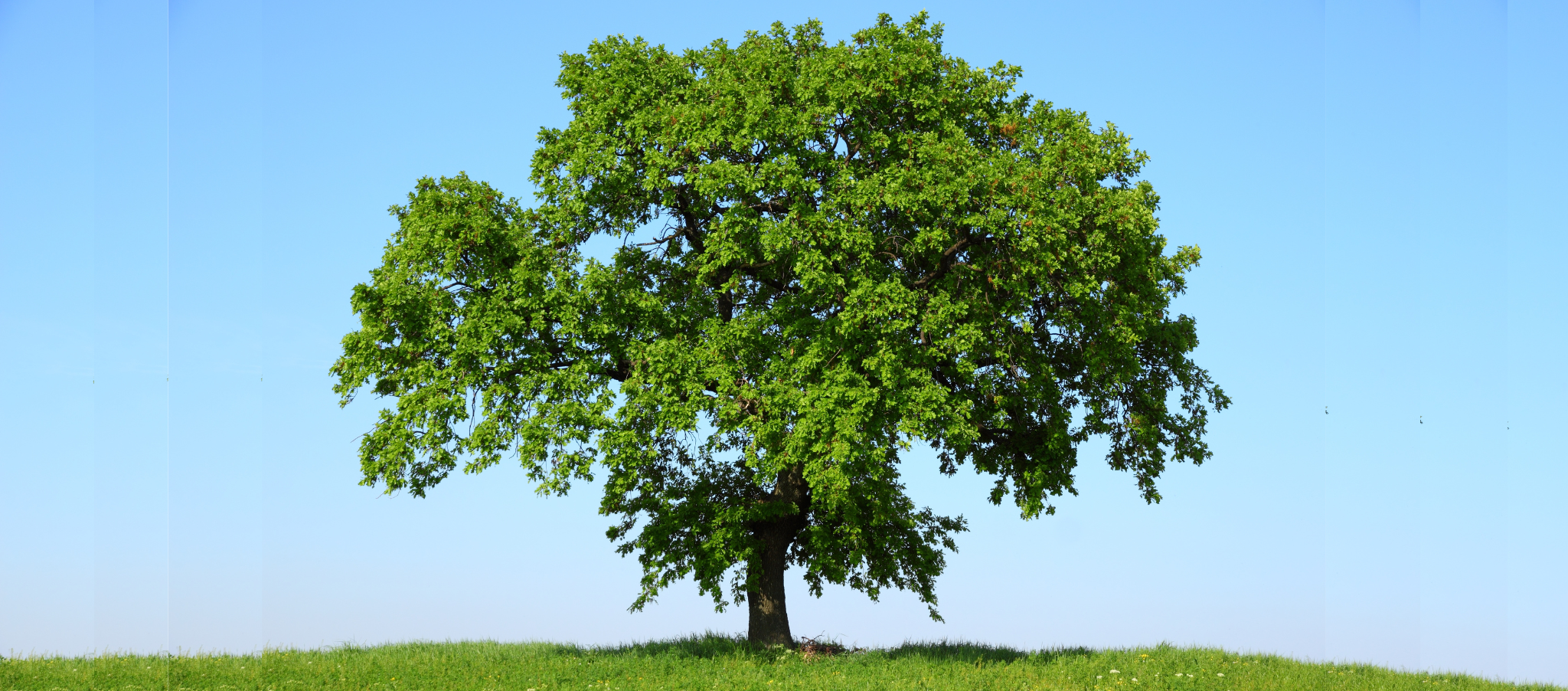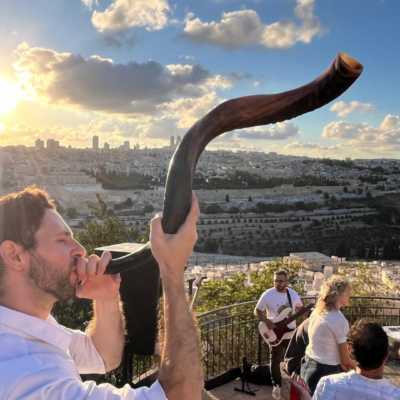In the Gospels, Yeshua compares the kingdom of God to a mustard seed –a small, unassuming seed which, according to the parable, becomes a tree. When I started researching this parable, I was initially confused: an online search for “mustard tree” offers results for the mustard plant which is a small flowering herb from which we harvest seeds to make mustard. When I narrowed my search for mustard trees in the Land of Israel, I discovered something different. Horticulturalists classify the mustard tree (salvadora persica) which grows in the Middle East and Africa, as a shrub or a small tree. So, is it a tree, a garden plant, or both? And why does Yeshua choose this particular plant to make His point about the kingdom of God?
In Matthew 12:32, Yeshua describes the mustard tree as a “garden plant” that then becomes a tree where the birds make their nests. It is worth noting that this is not the first time the Scriptures use the metaphor of a tree to describe a kingdom: in Ezekiel 17:23 the kingdom of Israel is prophetically described as a tree, and birds find shelter in it. Similarly, in the book of Daniel, Nebuchadnezzar’s kingdom is described as a large and mighty oak tree visible from the edge of the earth. This great, strong tree symbolizes earthly royalty, power, and strength.

How is it, then, that in the New Testament, an unassuming, unremarkable desert bush is used to describe the kingdom of God? Yeshua uses the parable of the humble mustard tree, a desert shrub, which spreads out like a shrub when it grows and can eventually reach up to seven meters high, like a tree, to define a kingdom, but not an earthly kingdom as we usually understand it.
Expecting a Physical Kingdom
In the Second Temple period during Yeshua’s ministry, the people of Israel were anticipating physical redemption and salvation from the Roman Empire and the reestablishment of the kingdom of Israel. However, Yeshua came to establish a different kind of kingdom—a kingdom that is not seen with the eye because it first takes place in people’s hearts (Luke 17:20-21). The imagery of the mustard tree parable brings to mind Yeshua’s parable of the kingdom of God like a woman who hid a small measure of yeast in a large amount of flour which leavened the entire batch.
Yeshua was teaching us that what is small and seemingly unnoticeable has a remarkable natural ability to spread and fill the whole earth. He spoke often about the nature of this kingdom because it was so different from what they were expecting: the kingdom of God would not be easily observable—like the great oak tree symbolizing Nebuchadnezzar’s earthly kingdom in the book of Daniel—but it would spread far and wide among diverse peoples and tribes. This kingdom is also not majestic like a great oak or cedar tree. Its nature is humble and unassuming like Yeshua Himself. In his first letter to the Corinthians, Paul put it this way:
“Brothers and sisters, think of what you were when you were called. Not many of you were wise by human standards. Not many were influential. Not many were of noble birth. But God chose the foolish things of the world to shame the wise. God chose the weak things of the world to shame the strong. God chose the lowly things of this world and the despised things—and the things that are not—to nullify the things that are so that no one may boast before him.” -I Cor. 1:26-29
This internal kingdom of God was the one He established in His first coming as the suffering servant King. He is coming again, but this time as a conquering King to establish a physical kingdom. Recalling one of Nebuchadnezzar’s dreams which the prophet Daniel interpreted, this end-time kingdom is the stone not cut by human hands which appeared and pulverized the great statue representing earthly kingdoms. That stone then grew into a great mountain and filled the whole earth. (Dan. 2:34-35) The kingdom which the Lord Yeshua will establish at His second coming will be physical and visible: in fact, every eye will see Him (Rev. 1:7), every knee will bow to Him, and every tongue confess the He is Lord (Phil. 2:10-11) when He comes again as a conquering King.
God Defies Our Expectations
Everyone, including Yeshua’s own disciples, at first misunderstood the nature of the kingdom He came to establish. The reason for that is because the prevailing expectation among Jewish society at the time was that a literal, physical redemption would take place and Israel’s kingdom would be reestablished. When I read Yeshua’s prophetic warnings, I hear the magnificent, even terrifying Messiah King who appeared to John in the book of Revelation saying, “He who has an ear let him hear what the Spirit says to the churches.” Perhaps we have certain expectations about His second coming because it is what we were taught by others, rather than having it revealed to us by the Spirit enlightening our hearts through the Word. May God give us tender hearts and ears to hear what the Spirit is saying to us today about His second coming!





